Douse not focuse on mental health mainly thay don't understand how mental health is and how we sea the world my first appointment I waited 7 month every counsler I had goy fired ore thay left exsept my last counsler who clearly dousent have a clue did not tuch base on mental ...
About Monsignor Carr Institute – Outpatient
Right off the bat, they’re part of the Catholic Charities organization. It’s faith-based, and they’ll also address any underlying social needs that you might be facing with food pantries, thrift stores, school programs, and other basic necessities. That way, you’ll have less of a chance of a relapse.
They will give you a full evaluation when you come in. This will determine the best course of treatment for you.
Treatment consists of group and individual counseling. They are a Catholic organization and the counselors may use basic religious principles when they treat you. They may also use cognitive behavioral therapy (CBT), which teaches you to look at your life circumstances differently than you have in the past. When you think of things in a positive way, it is easier to change behavior.
People with dual diagnosis may be treated with dialectical behavioral therapy (DBT). This is an offshoot of CBT for people who experience emotions strongly. It offers coping mechanisms for dealing with the feelings that might cause you to misuse substances. You will be treated by a therapist who specializes in substance use disorder.
Specialists also lead the group therapy sessions here. These sessions often begin with the therapist posing a question and letting people go around the room and answer. Members of the group will try to come up with ways of coping with problems that don’ involve drugs.
Substance use often affects a person’s family and loved ones. This is especially true if they have young children. The facility offers family therapy sessions and parenting classes to help deal with these problems.
Latest Reviews
Rehab Score
Gallery
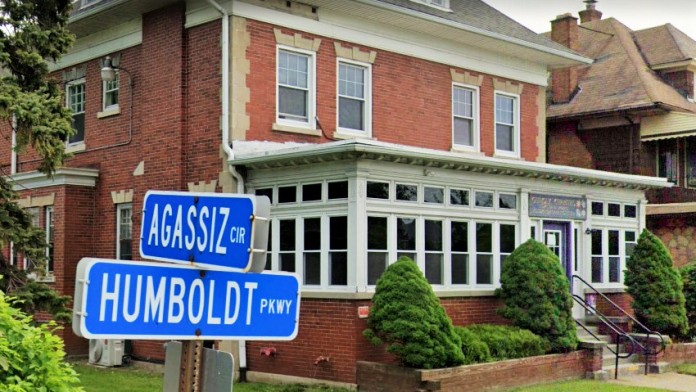
Other Forms of Payment
Medicaid is a state based program that helps lower-income individuals and families pay for healthcare. Medicaid covers addiction treatment so those enrolled can use their coverage to pay for rehab. When a program accepts Medicaid the client often pays very little or nothing out of their own pocket.
Private insurance refers to any kind of healthcare coverage that isn't from the state or federal government. This includes individual and family plans offered by an employer or purchased from the Insurance Marketplace. Every plan will have different requirements and out of pocket costs so be sure to get the full details before you start treatment.
Self-pay involves paying for treatment out of your own pocket. You can use savings or credit, get a personal loan, or receive help from family and friends to fund your treatment. If you don't have insurance or your insurance plan doesn't cover a specific program, self-pay can help ensure you still get the care you need.
Financial aid can take many forms. Centers may have grants or scholarships available to clients who meet eligibility requirements. Programs that receive SAMHSA grants may have financial aid available for those who need treatment as well. Grants and scholarships can help you pai for treatment without having to repay.
Sliding scale payments are based on a client's income and family size. The goal is to make treatment affordable to everyone. By taking these factors into account, addiction recovery care providers help ensure that your treatment does not become a financial burden to you or your family, eliminating one barrier to care.
Medicare is a federal program that provides health insurance for those 65 and older. It also serves people under 65 with chronic and disabling health challenges. To use Medicare for addiction treatment you need to find a program that accepts Medicare and is in network with your plan. Out of pocket costs and preauthorization requirements vary, so always check with your provider.
Military members, veterans, and eligible dependents have access to specific insurance programs that help them get the care they need. TRICARE and VA insurance can help you access low cost or no cost addiction and mental health treatment. Programs that accept military insurance often have targeted treatment focused on the unique challenges military members, veterans, and their families face.
Addiction Treatments
Levels of Care
 Outpatient
Outpatient
 Medically Assisted Detox
Medically Assisted Detox
Treatments
The goal of treatment for alcoholism is abstinence. Those with poor social support, poor motivation, or psychiatric disorders tend to relapse within a few years of treatment. For these people, success is measured by longer periods of abstinence, reduced use of alcohol, better health, and improved social functioning. Recovery and Maintenance are usually based on 12 step programs and AA meetings.
When you choose drug rehab in New York, you'll participate in a variety of treatments that are designed to help you live a drug-free lifestyle. Common methods of treatment include group, individual, and family counseling, medication management, nutrition, exercise, and management of co-occurring mental health disorders.
Many of those suffering from addiction also suffer from mental or emotional illnesses like schizophrenia, bipolar disorder, depression, or anxiety disorders. Rehab and other substance abuse facilities treating those with a dual diagnosis or co-occurring disorder administer psychiatric treatment to address the person's mental health issue in addition to drug and alcohol rehabilitation.
Opioid rehabs specialize in supporting those recovering from opioid addiction. They treat those suffering from addiction to illegal opioids like heroin, as well as prescription drugs like oxycodone. These centers typically combine both physical as well as mental and emotional support to help stop addiction. Physical support often includes medical detox and subsequent medical support (including medication), and mental support includes in-depth therapy to address the underlying causes of addiction.
Substance rehabs focus on helping individuals recover from substance abuse, including alcohol and drug addiction (both illegal and prescription drugs). They often include the opportunity to engage in both individual as well as group therapy.
Programs

Adult Program
Clinical Services
Group therapy is any therapeutic work that happens in a group (not one-on-one). There are a number of different group therapy modalities, including support groups, experiential therapy, psycho-education, and more. Group therapy involves treatment as well as processing interaction between group members.
Staff
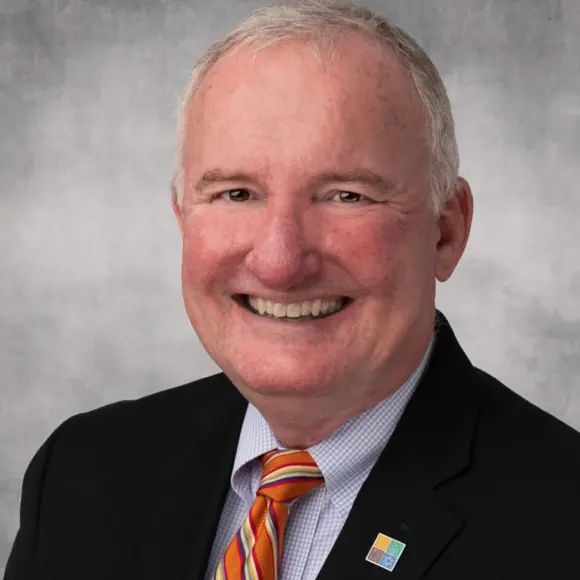
Deacon Steve Schumer
President & CEO
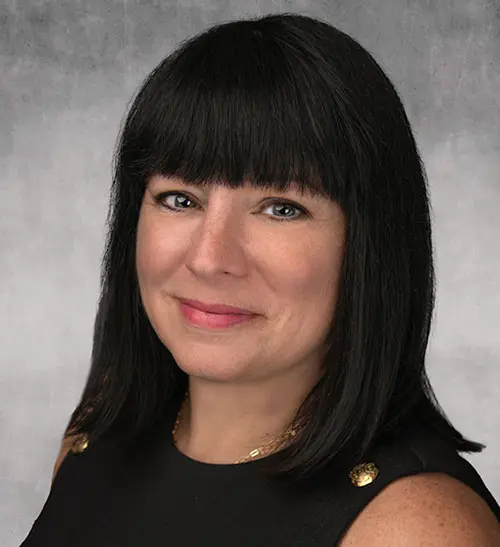
Molly Ann Oliver
COO
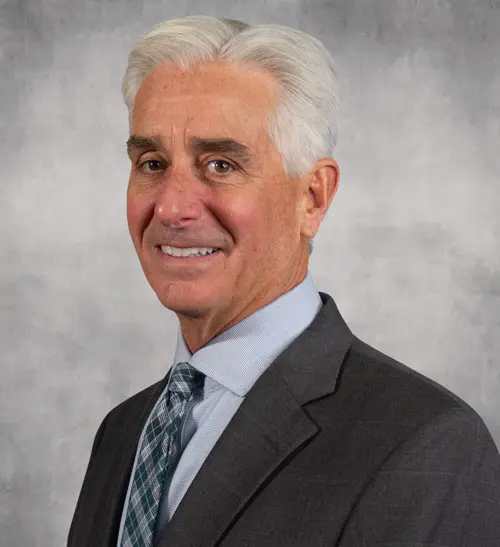
Michael Quinn
CFO
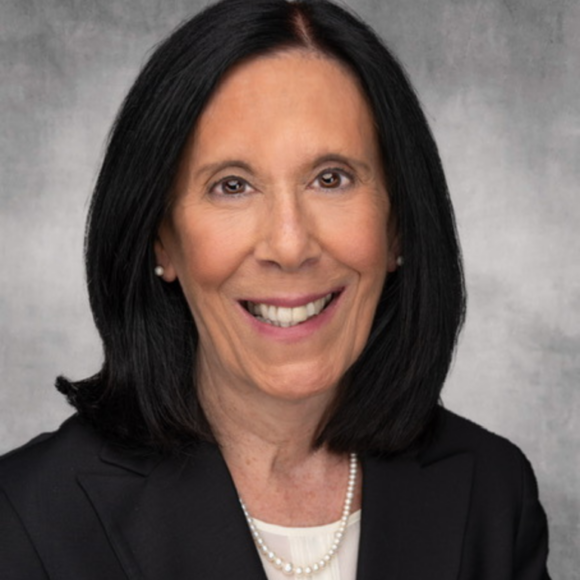
Cherie Sugg
Chief Human Resource Officer
Contact Information
76West Humboldt Parkway
1st and 2nd Floors
Buffalo, NY 14214